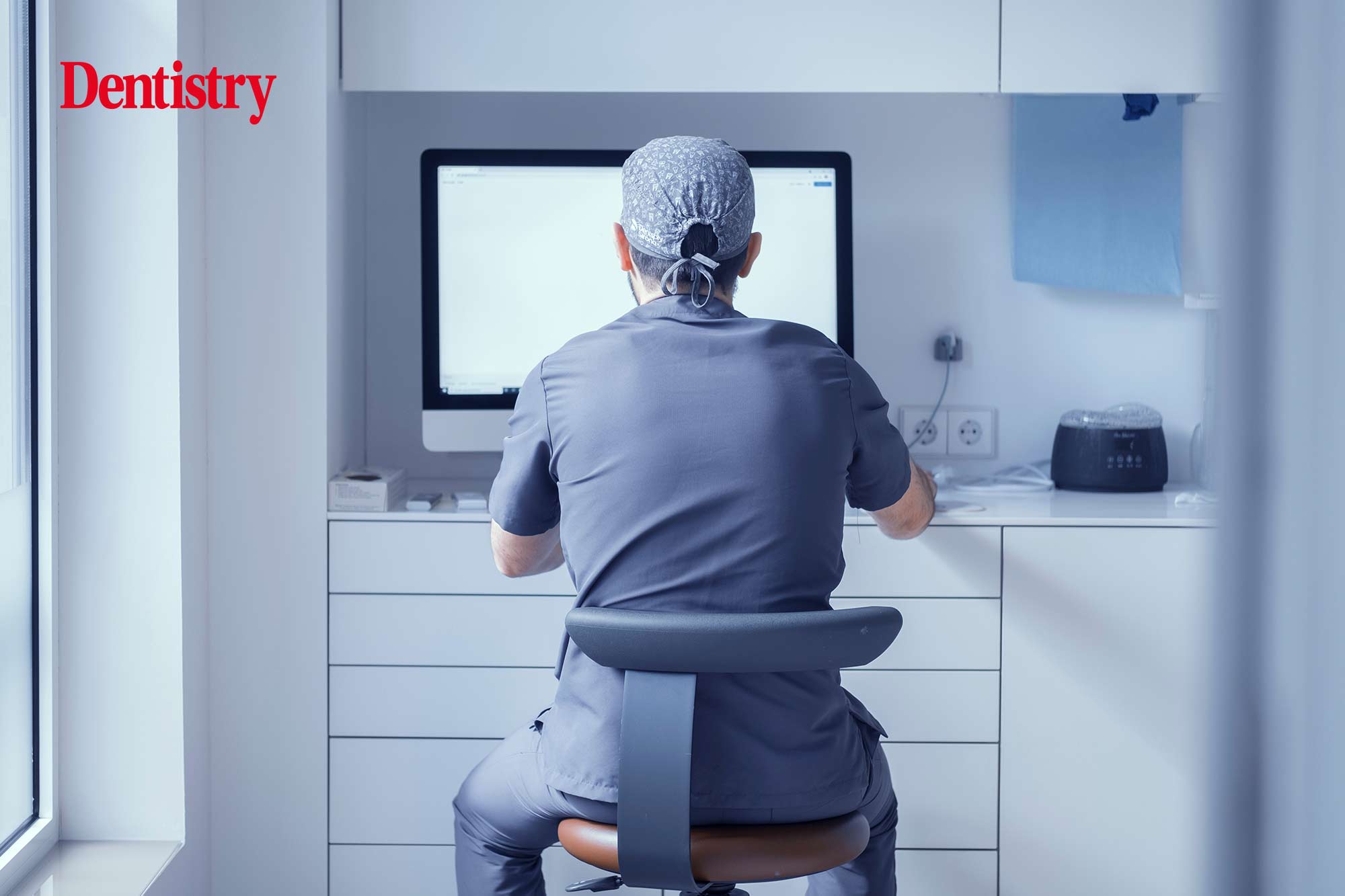
Hannah Burrow, CEO and co-founder of Kiroku, discusses practical ways to support neurodivergent dental professionals to thrive with everyday tasks.
Neurodiversity, a concept emphasising diverse ways individuals experience and engage with the world, encompasses conditions such as autism, attention deficit hyperactivity disorder (ADHD), dyslexia and dyspraxia.
Dyslexia, impacting reading, writing, time management and organisation skills, affects approximately one in five individuals in the UK. Meanwhile, ADHD, with around 2.6 million diagnosed cases in the UK, manifests in symptoms like inattention and hyperactivity, posing challenges for concentration and focus – essential skills in the fast-paced environment of dental practices.
The demanding nature of daily tasks, including compiling complex medical histories and swiftly documenting patient information using intricate software, places a premium on cognitive abilities. To alleviate stress and enhance efficiency in dental practices, it is imperative to implement supportive measures.
Here are key recommendations to foster understanding and improve working conditions for neurodivergent dental professionals.
Cater to communication preferences
Recognising and accommodating individual communication preferences is vital. Prioritise verbal conversations over written communication, allowing colleagues to absorb information at their own pace. Follow up with a summarised email to reinforce the key points discussed.
Frequent feedback and encouragement create an open environment for suggestions and improvements. Clear instructions, along with breaking down tasks into manageable steps, facilitate better understanding and execution.
Remove cognitive load
Neurodivergent individuals may find repetitive and time-consuming tasks mentally taxing, leading to oversights or errors. Simplify workflows by adopting logical and easy-to-follow processes.
Kiroku’s innovative software, for instance, transforms note templates into dynamic, clickable forms, adapting based on the provided information. This eliminates the need for fiddly adjustments in static Word templates and significantly streamlines the note-taking process.
Dental hygienist Gemma O’Callaghan, who has ADHD, attests to the transformative impact of Kiroku on her practice: ‘Using Kiroku has changed my practice. I struggled to complete notes, and I would spend hours after clinic writing them up. Now I can complete them without a second thought.’
Use appropriate tools
Employ tools designed to ease common challenges faced by neurodivergent clinicians. While the shift to digital note-taking has been beneficial, interfaces of practice management systems can still pose hurdles. Kiroku offers customisable templates that align with appointment types, minimising typing efforts. The platform’s consistent and clean interface, coupled with visual indicators for incomplete areas, facilitates efficient note-taking.
Infinity Dental Beauty & Spa emphasises Kiroku’s positive impact on team members with dyslexia, praising its intuitive design, step-by-step prompts, and user-friendly buttons. Workplaces are legally obligated to make reasonable adjustments under the Equality Act 2010, and neurodivergent dental professionals can explore government Access to Work grants to fund specialist equipment and assistive software like Kiroku.
Support your team for optimal performance
The testimonies of dental teams, such as Infinity Dental Beauty & Spa, underscore how Kiroku supports individuals with dyslexia, making note-taking faster and more enjoyable. Beyond legal requirements, fostering an inclusive environment contributes to a thriving and motivated team.
Kiroku emerges as an indispensable tool for all dentists and dental teams, simplifying and enhancing the note-taking process. By implementing these practical recommendations and leveraging innovative solutions like Kiroku, dental practices can create an environment where neurodivergent professionals not only survive but thrive in their roles.


